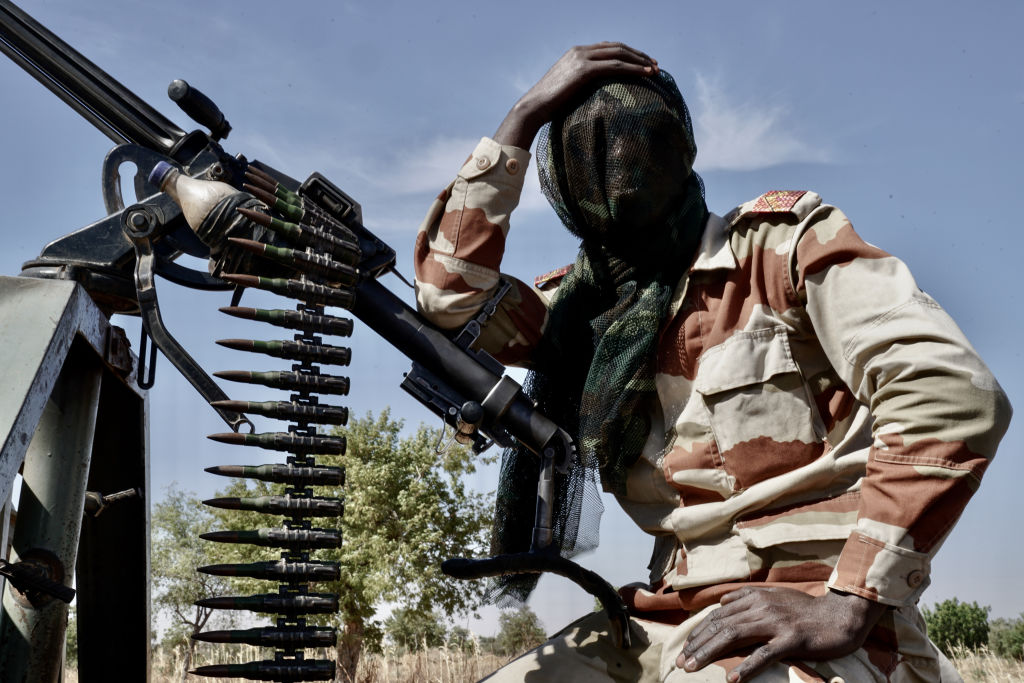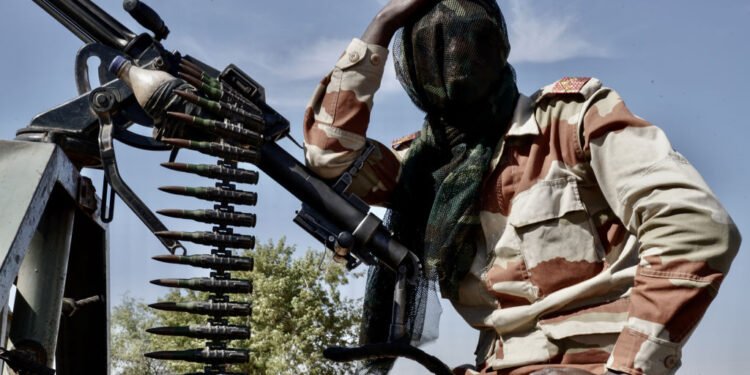
ADF STAFF
The military juntas leading Burkina Faso, Mali, and Niger have pledged to confront the terrorist groups plaguing their countries. However, a recent United Nations report suggests that the countries must also focus on the engine driving terrorists: transnational organized crime.
The three Sahelian juntas took power in recent years promising to break the backs of terrorist groups linked to al-Qaida and the Islamic State group. So far, they failed to do so.
As a result, terrorism has made the Sahel one of the deadliest regions in the world, and the violence has begun to spill into coastal nations to the south, including Benin, Côte d’Ivoire and Togo. According to Leonardo Simão, the U.N. special representative for the Sahel and West Africa, that’s because authorities are not stopping the illegal trafficking that fuels terrorism.
“It’s drugs, it’s weapons, it’s human beings, it’s mineral resources, and even food,” Simão recently told The Associated Press after addressing the U.N. Security Council. The combination of organized crime and terrorism creates a pervasive threat across the Sahel and West Africa, Simão added.
Junta leaders recently announced their decision to create their own regional security partnership and break away from the Economic Community of West African States (ECOWAS). In doing so, they also disrupted the flow of information that helped the region confront cross-border organized crime.
Without that cooperation, the region’s security is likely to get worse, ECOWAS Commission Chief Omar Alieu Touray said during a recent gathering of the group in Nigeria.
Already, the Burkina Faso junta finds itself encircled by extremist groups that control most of the country outside of the capital region. Mali has turned to Russia for military aid, even though Russia has built its African operations by smuggling gold, diamonds, oil and other resources. Russian troops are also operating in Burkina Faso and Niger.
Smuggling costs Sahelian governments crucial revenue they could use to serve their populations, analysts point out.
In Burkina Faso, for example, a parliamentary commission estimated that gold trafficking stole nearly $500 million per year from public coffers — more than the country’s $479 million public health budget. Bribes paid to law enforcement officers by smugglers at the Burkina Faso-Benin border often exceed the officers’ monthly salary.
According to the U.N. Office on Drugs and Crime (UNODC), organized criminal groups exploit the vulnerabilities and unmet needs of communities such as those along the borders. Those border communities lie far from the government power centers and have been historically neglected.
Porous borders and ethnic connections help organized criminal groups move into the economic and security gaps left by regional governments.
“This contributes to the weaponization of illicit activities and the establishment of a protection economy in which combat skills are developed among criminal groups,” U.N. analysts wrote recently in their Transnational Organized Crime Threat Assessment-Sahel.
Firearms have become a large part of organized crime’s market in the Sahel, particularly in the Liptako-Gourma region where Burkina Faso, Mali and Niger meet, according to the U.N. analysis. Cattle rustling has also gained momentum over the past decade as terrorist groups raid pastoralist communities’ livestock to feed their fighters.
According to the U.N., the number of stolen cattle in the Mopti region of central Mali nearly doubled from 78,000 to 130,000 between 2019 and 2021. The theft of livestock contributes to rising community tensions and, consequently, greater demand for trafficked firearms and a surge in violence.
The financial incentives inherent in organized criminal activity make it difficult to resolve the conflicts fueled by illicit trafficking. Until governments like those in the Sahel confront the organized crime that drives their conflicts, they will continue to struggle to rein in terrorism, according to Amado Philip de Andrés, UNODC regional representative for West and Central Africa.
“So far, stabilization efforts in the Sahel have predominantly focused on security and terrorism, largely underestimating the role that transnational organized crime plays in driving the current situation in this fragile region,” Andrés said in a UNODC statement.
The post Organized Crime Fuels Terror in Sahel Nations appeared first on Africa Defense Forum.









